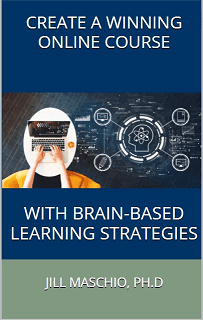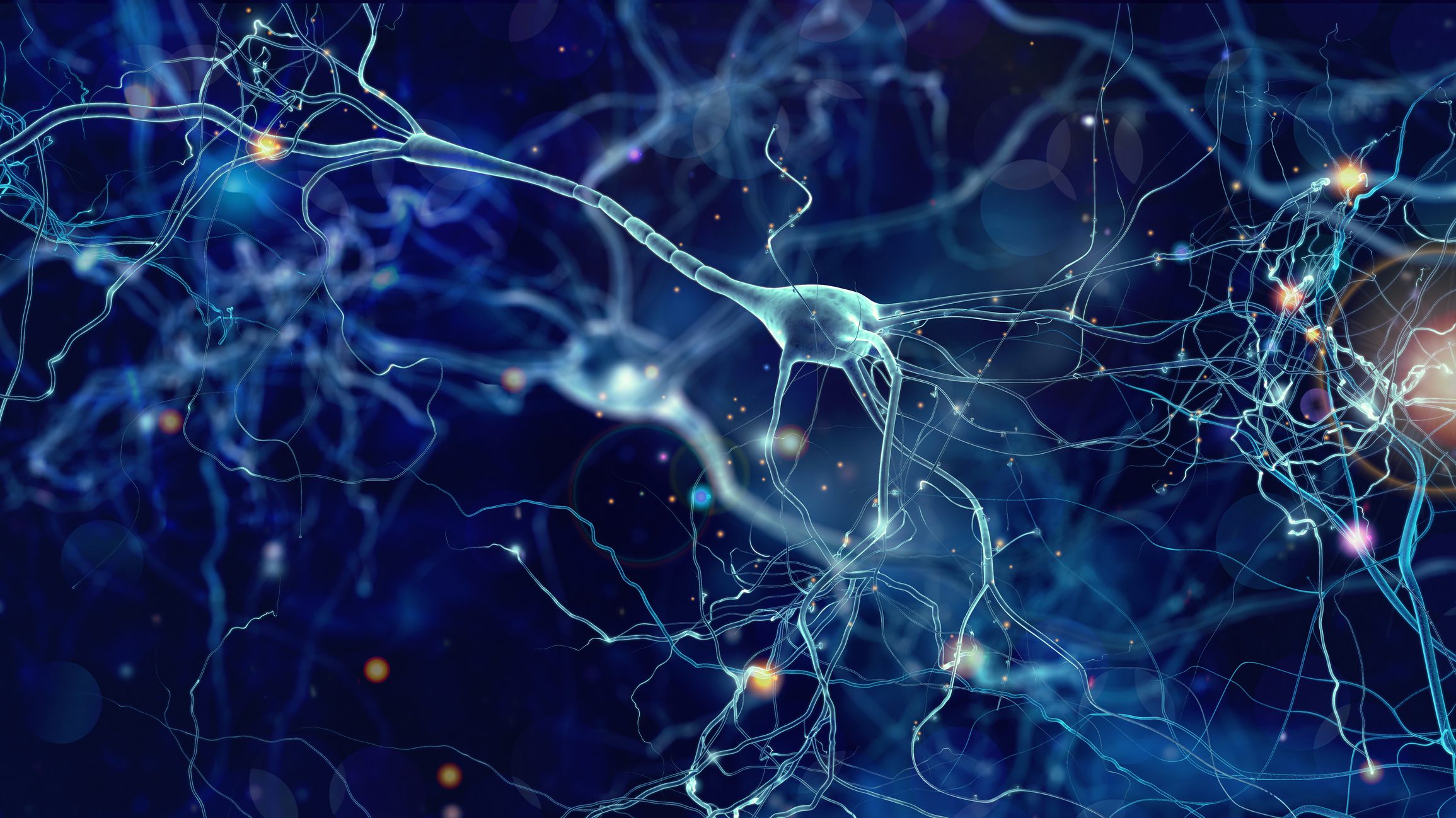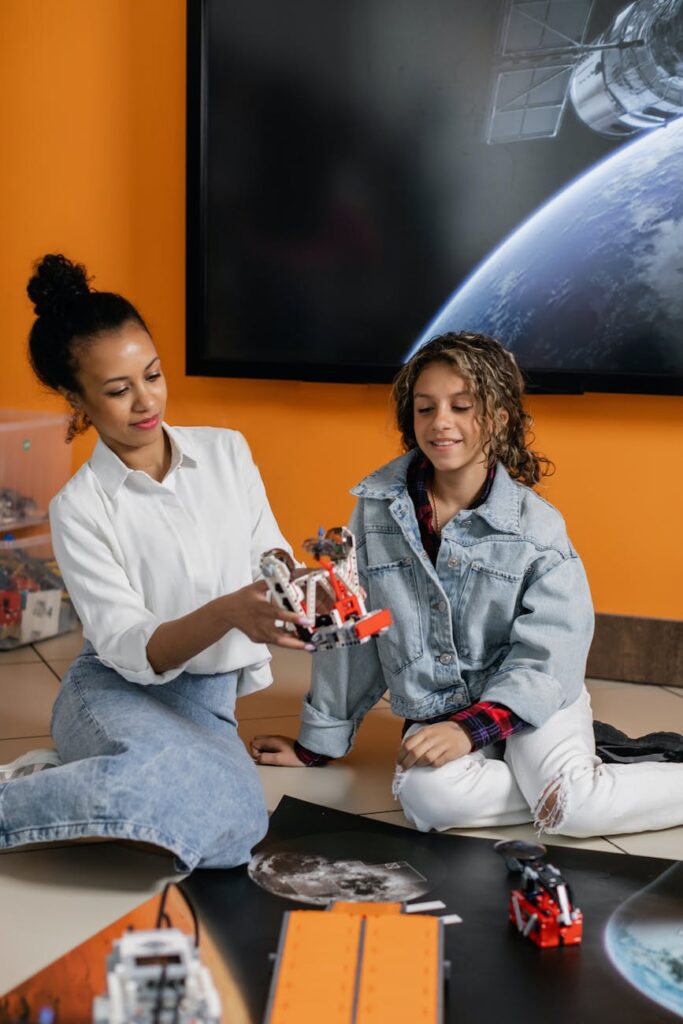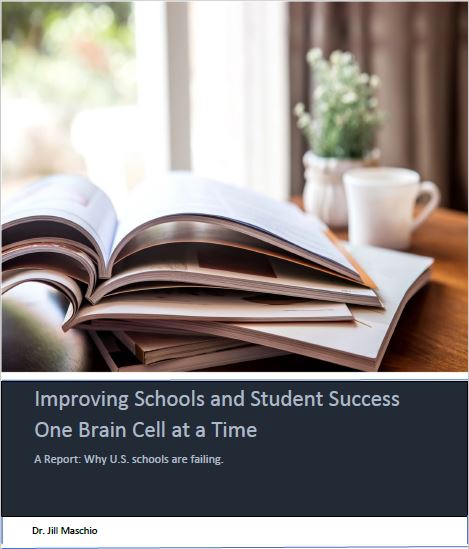Effective Curriculum Development With Applied Neuroscience
Leading advancements in education for the future of AI in education
Why Join the Neuroeducation Community
Artificial intelligence is revolutionizing education. Some schools are embracing AI, while others are taking a very cautious approach. AI is here to stay, so educators must find ways to help students be AI literate.
Investing in your skills as an educator is investing in your students. Evolvingintellect.com has developed a workshop based on a 5-step model approach from neuroscience to help educators like yourself transform their teaching method. Whether you are new to teaching or wish to improve the skill of teaching, evolvingintellect.com will teach you how to develop neuroscience-based curriculum – a teaching method that may set you apart.
Join the AI neuroeducation community now and “be your best educator”!
Video images by Microsoft PowerPoint
Higher Education Faculty & Professors
Developing a great course takes sitting down and planning. If you know the content, then half the work is already done. Join the community today!
High School Educators
High School
High school teachers are expected to teach and have students pass standardized tests. They are responsible for helping students gain the knowledge, skills and values necessary to be prepared to succeed in college and beyond. Join the community today!
Homeschooling
Homeschooling
Learn the skill of teaching so that you can help ensure your child’s education. High school teachers are expected to know how to teach. This course can teach you some best approaches to teaching to help ensure your students pass and are college ready. Join the community today!
Curriculum Development Based on Neuroscience Is a Key to Being a Successful Educator
3D Image of brain by Oleg @ https://sketchfab.com/shuographics
As an educator for 15 years teaching at colleges and universities, there was a point early in my career when I had a great concern about traditional teaching. I had been taught about different learning theories and experienced the traditional teaching classroom of lecturing and exams. I repeated what I was taught, but I believed that my students could be learning more. Sometimes I felt that my students weren’t trying hard enough. Other times, I felt that I wasn’t doing enough to help my students pass their exams, so I kept trying to improve my classrooms by bringing in newer technology and interesting discussions and debates, but I could tell that it still wasn’t enough. Something was missing.
You may relate to my experience where I felt my degree in education provided me with theories of learning and how to develop curriculum, but it failed to specifically teach how to lecture and develop curriculum that leads to true student academic success. One day while preparing for a class, I ran across some research about teaching to how the brain learns. It quickly caught my attention.
The problem I encountered was that the theories of brain-based learning were primarily targeted to k-12 grade, but I was still intrigued because I teach psychology and concepts about the brain. I began a journey of locating neuroscience articles about what happens in the brain while learning and what happens in the brain while learning and what improves learning. What I discovered for myself was that I could take the science about learning and apply it to all aspects of my classroom – from my lectures to my assessments and grading. I finally found a holistic approach to teaching that was missing in secondary schools and in my classrooms.
There are many great learning theories and strategies, but none are robust for a whole course approach. Most theories taught in education are important but outdated. Once I changed my teaching strategy to being neuroscience based, I saw the changes in my students’ learning and attitudes. I started gathering anecdotal research by comparing my own students’ learning outcome scores from my traditional teaching methods to my new improved neuroscience-based strategies. The jump was significant. Average learning outcome scores had increased anywhere from 10-30%. Some outcome scores were 100%.
After seeing for myself the dramatic changes in my students’ learning, I wanted to share this teaching style within the educational arena – to educators like yourself.
Now that AI is the future of education, I teach educators how AI can be embedded in the curriculum to benefit students the most.
Are you ready for an upgrade to your teaching? I will show you the foundation of good teaching. It’s easy to learn and you can get started today.
You can “be your best educator” starting today.

Bio:
Texas Higher Education Board Subcommitte - Psychology
Author
Innovation Teaching Award
 Order
Order





